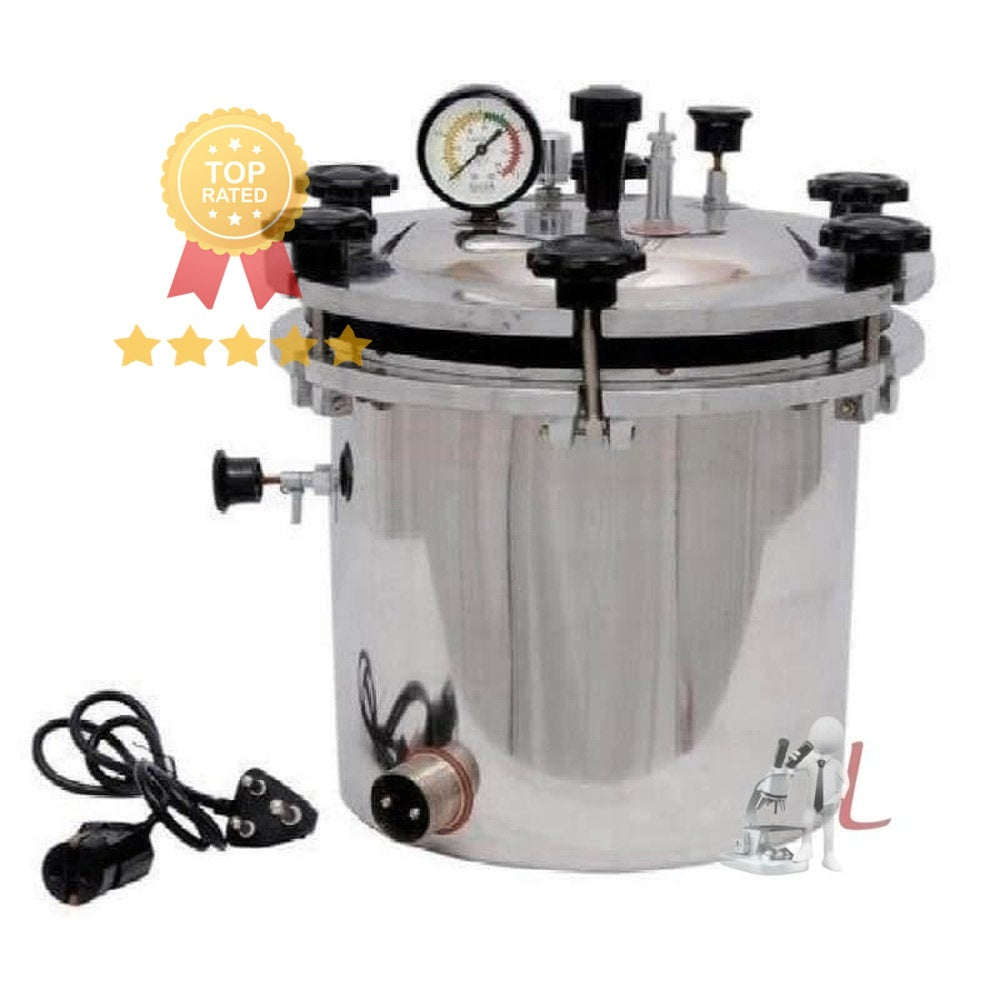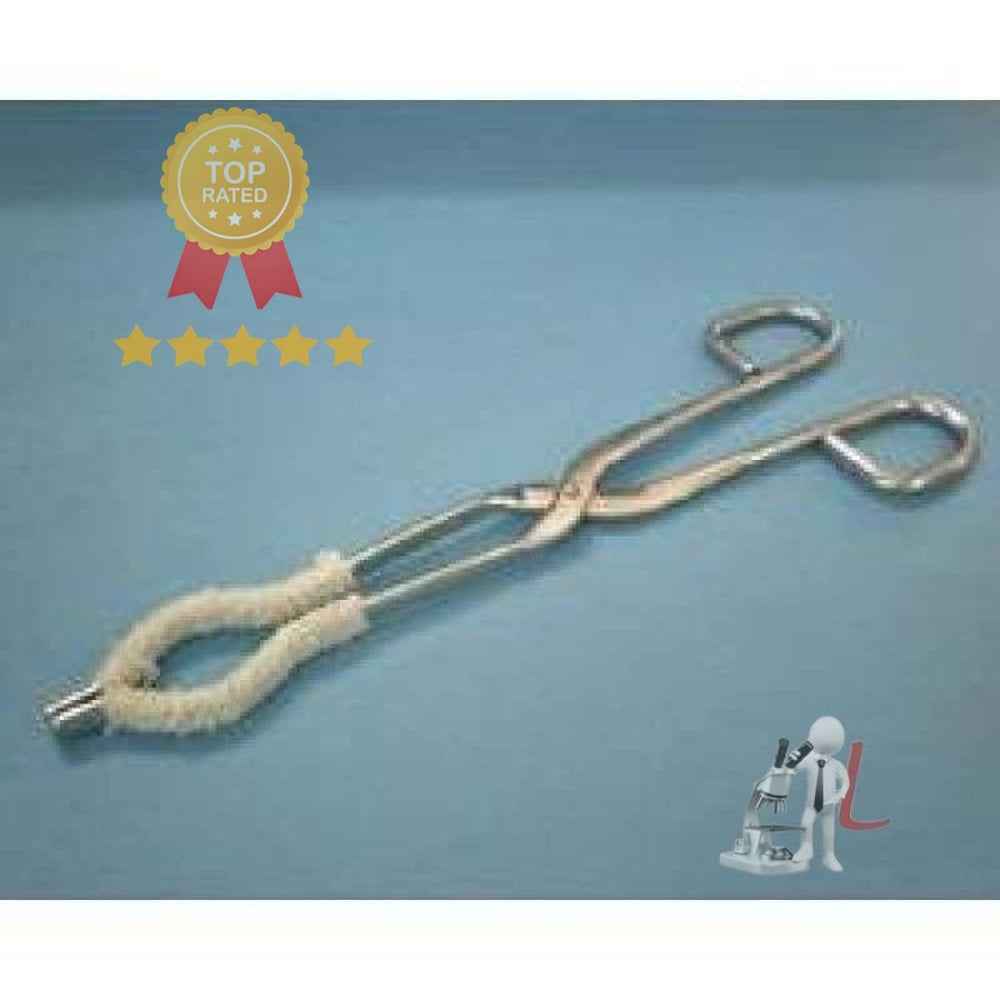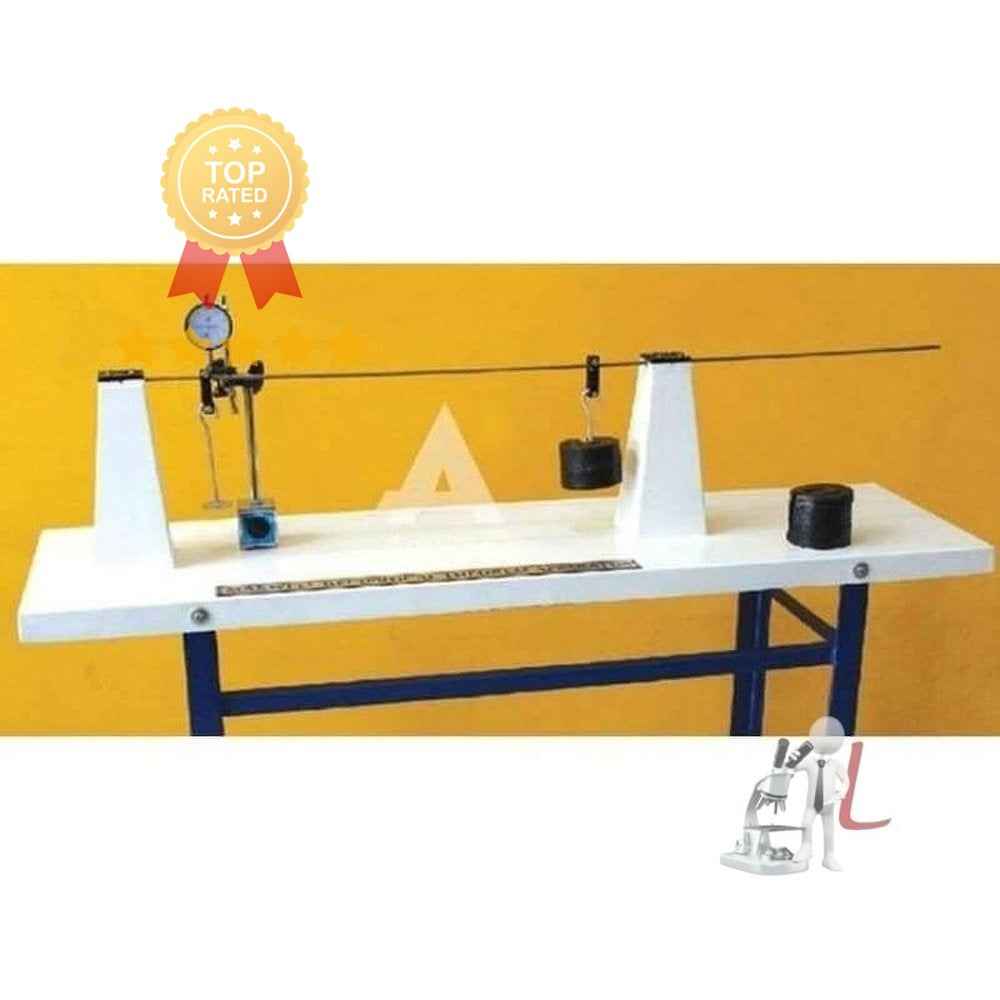dynamics of machines lab
The dynamics of machines lab is an essential component in the field of mechanical engineering, where students and professionals alike delve into the intricate behaviors of machines under various forces and motions. Understanding the dynamics of machines involves studying how forces and moments influence the motion of components and systems, which is crucial for designing efficient mechanisms and machinery.
In the dynamics of machines lab, students can expect to engage with a variety of experiments and simulations that are tailored to illustrate the fundamental principles of machine dynamics. This lab serves as a hands-on environment where students can apply theoretical knowledge gained in the classroom to real-world applications. Through practical experiments, they can observe the effects of inertia, elasticity, friction, and other critical factors that impact machine performance.
One core aspect of the dynamics of machines lab is vibration analysis. Understanding vibrations is vital as they can lead to mechanical failures, wear, and operational inefficiencies. In the lab, students will learn how to measure vibrations using specialized equipment such as accelerometers and dynamic signal analyzers. With this knowledge, they can diagnose problems in machinery and devise strategies for mitigation.
Additionally, the dynamics of machines lab encompasses studies on kinematics and kinetics. By employing tools like motion sensors and high-speed cameras, students explore how objects move and the forces acting upon them. This empirical approach helps deepen their understanding of concepts such as velocity, acceleration, and the relationships between them.
Another essential element of the lab is the analysis of mechanisms. Here, students will investigate various mechanical systems, from simple linkages to complex gear trains. Understanding how these systems function in terms of force transmission and motion is integral to designing innovative machines. By reverse-engineering existing machines, students can identify practical design considerations and improve their engineering projects.
The dynamics of machines lab is also a place for studying energy transfer in mechanical systems. By conducting experiments with flywheels, pulleys, and levers, students can observe how energy is conserved, transformed, and dissipated. These experiments not only affirm theoretical principles but also reveal potential avenues for optimizing energy efficiency in design.
Moreover, the lab often features software simulations that complement physical experiments. Using computer-aided design (CAD) and finite element analysis (FEA) software, students can predict the behavior of mechanical systems before actual construction. This facilitates a more comprehensive understanding of machine dynamics by allowing students to visualize complex interactions and forces through simulations.
Teaching methodologies in the dynamics of machines lab emphasize collaborative learning. Students work in teams to conduct experiments, fostering communication and teamwork skills that are invaluable in the engineering profession. This group dynamic encourages peer-to-peer learning, where students share insights and troubleshooting strategies, further enhancing their understanding of machine dynamics.
The dynamics of machines lab also serves as a platform for research. Advanced projects may include analyzing the dynamics of new materials or exploring the impact of emerging technologies like robotics and automation on machine performance. This research aspect elevates the lab's relevance, ensuring students are not only learning established techniques but also contributing to the evolution of mechanical engineering.
Understanding safety protocols is another critical focus area in the dynamics of machines lab. Given the powerful machinery and equipment used, instructors emphasize the importance of safety standards to prevent accidents and injuries. This education in safety practices ensures that students approach engineering challenges with awareness and responsibility.
Ultimately, the dynamics of machines lab prepares students to tackle real-world engineering problems by providing them with both theoretical knowledge and practical skills. Graduates emerging from this lab are well-equipped to innovate and improve machine designs, contribute to various industries, and advance the field of mechanical engineering.
In conclusion, the dynamics of machines lab is not merely a physical space; it embodies a comprehensive approach to understanding machine dynamics through hands-on experience and collaborative learning. With its blend of theoretical and practical elements, this lab is a cornerstone of mechanical engineering education, molding the next generation of engineers into skilled professionals ready to face the challenges of tomorrow.
Filter
Sort by





